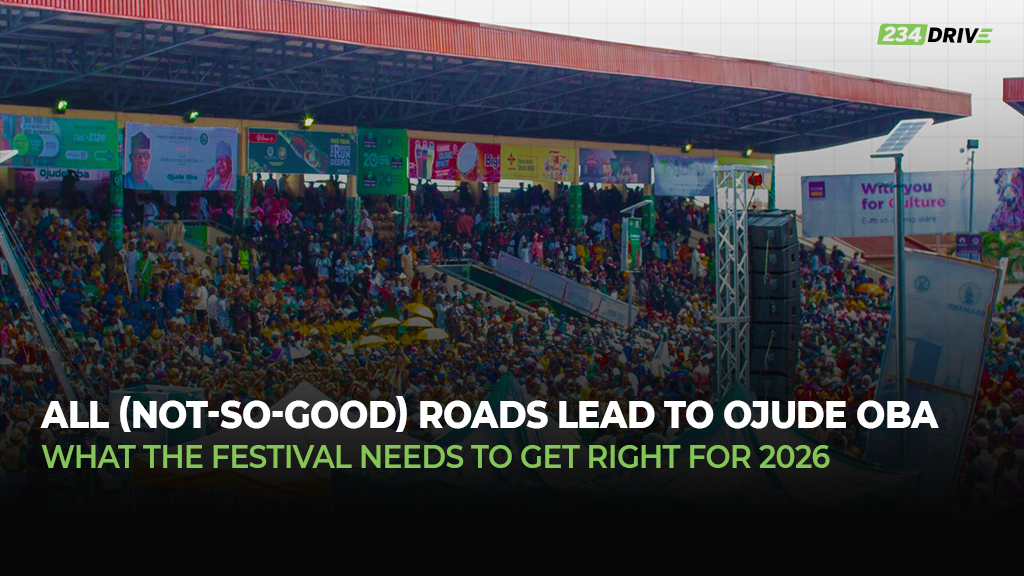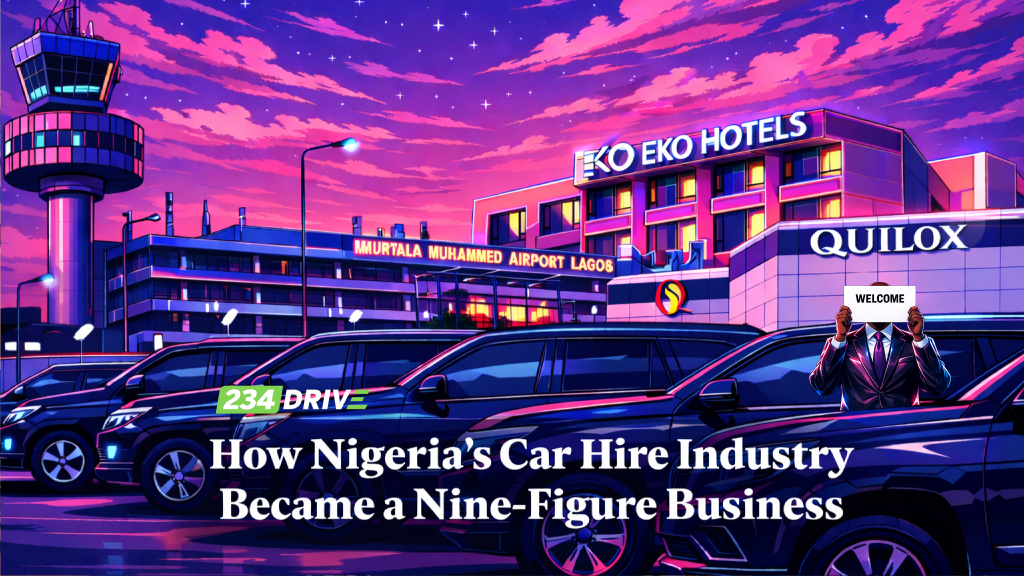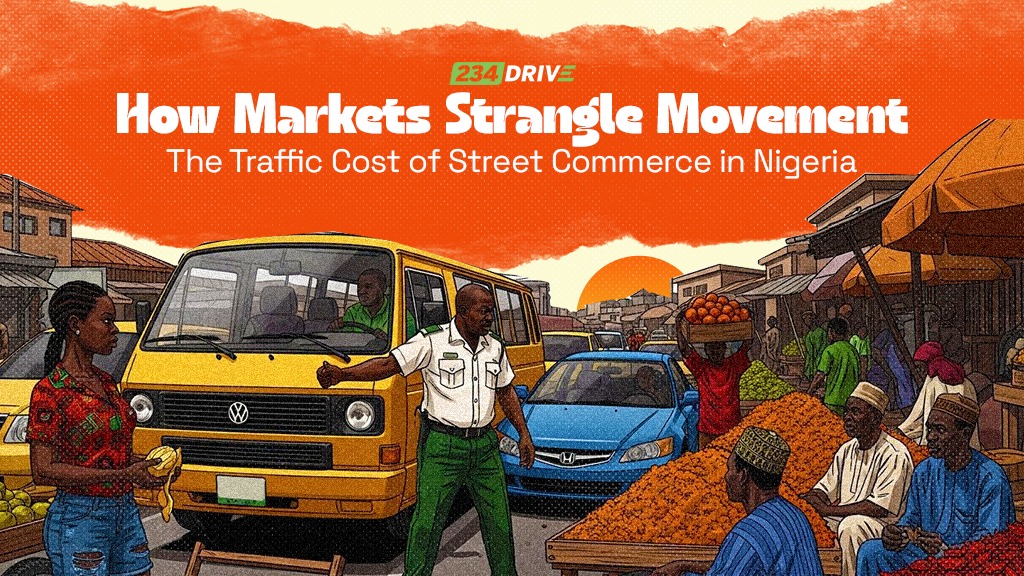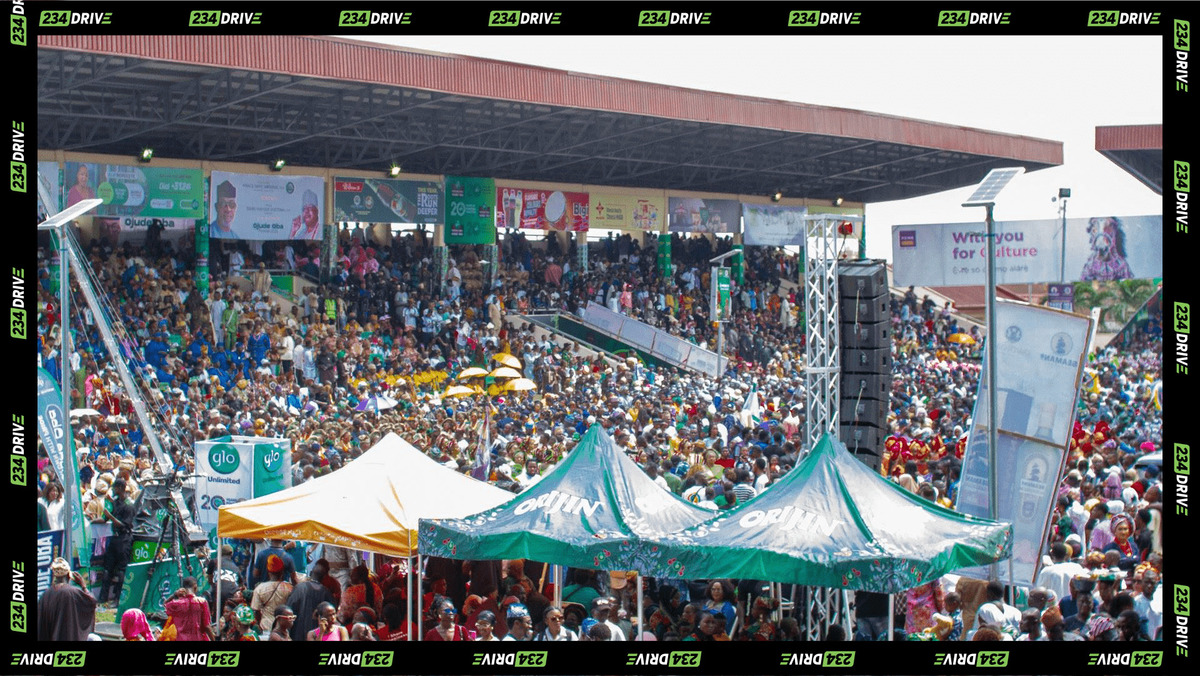
Every year, the Ojude Oba festival—a remarkable display of cultural pride— draws thousands of people to the ancient town of Ijebu Ode. Ijebu indigenes from across Nigeria and the diaspora return home to join their Regberegbe (age-grade groups), showing off the most exquisite coordinated attires often budgeted for months in advance. These groups parade themselves and take turns to pay homage to the Ajuwale of Ijebuland, the town’s traditional monarch.
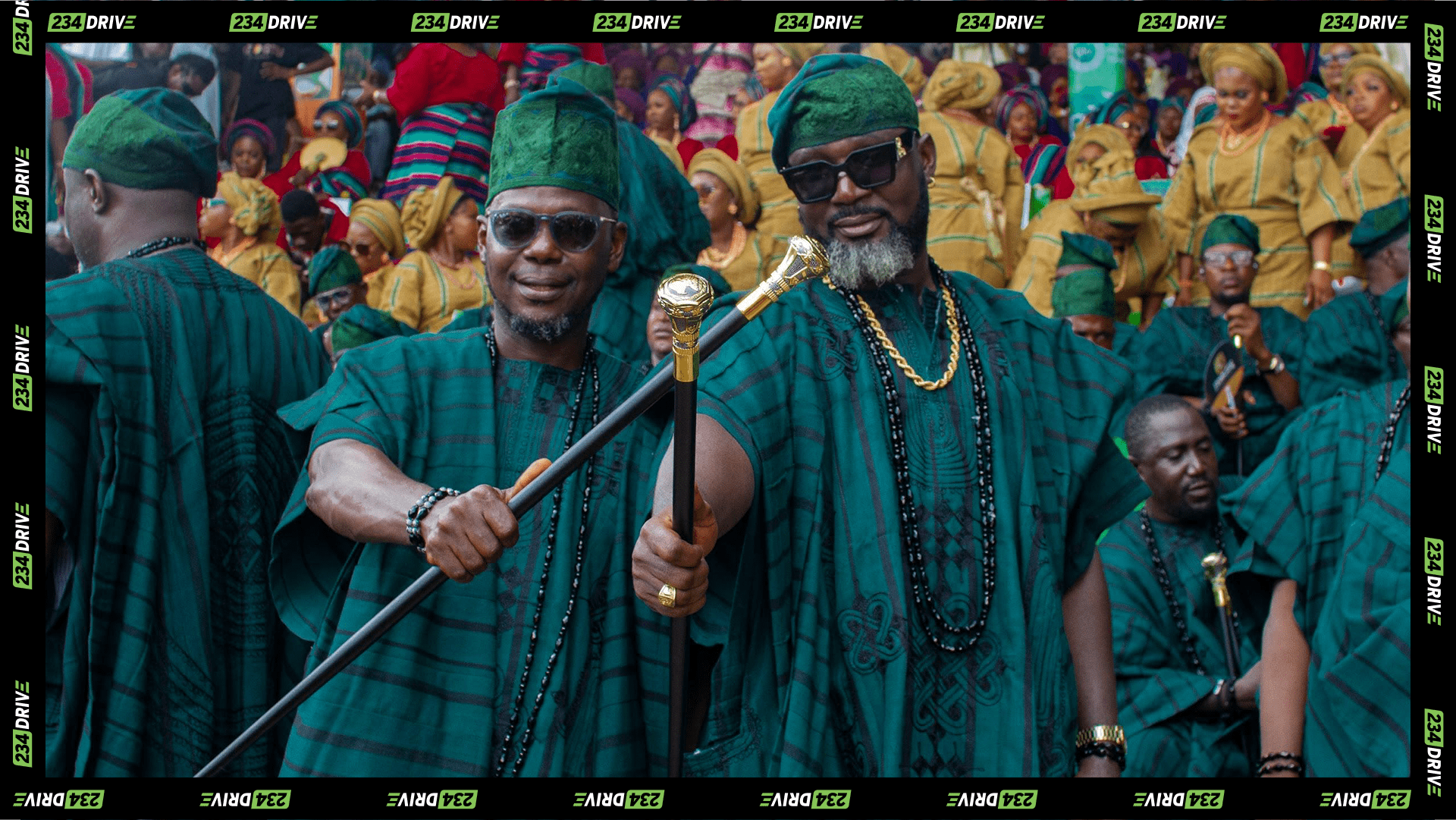
But perhaps, the real showstoppers are the horse riders. Draped in luxury, notable families such as the Balogun Kuku dynasty (descendants of warlords) and the royal Alatise family ride with pomp on decorated horseback into the arena. Unlike any other, their equestrian parades feature unique tricks, traditional music and praise poetry..
Beyond the indigenes, however, many more curious tourists come to witness the splendour of the festival. While it has existed for over two centuries, one could argue that the attraction for non-indigenes skyrocketed after the festival’s 2023 coverage by travel & documentary filmmaker Niyi Fagbemi. For many young Nigerians, the viral reel was an unearthing of treasure, a chance to revel in the beauty of Yoruba culture like never before. In 2024, the crowds grew, and so did brand involvement. Media houses covered it; influencers came through; and endorsement banners hung alongside ceremonial drapery. This year’s edition only built on that traction.
The Road to Culture Shouldn’t Be This Rough
Olamide, Crank, and Richie of 234Drive made it down to the festival on 8th June in a BYD Atto 3 with a custom livery befitting of the stylishness of the event. Walking through the streets of Ijebu during the festival felt like stepping into a living celebration. It wasn’t just the people dressed in stunning traditional attire that caught your eye. There were vibrant stalls everywhere with vendors selling everything from traditional beads to handcrafted merch, and keepsakes—a sign that they were primed for tourists. Each section of the road felt like its own party, with people dancing, laughing, and enjoying the moment. Loudspeakers blasted music from every corner, and the energy in the air was electric. There was colour, culture, and a true sense of joy everywhere you turned.

But while the festival was wonderful in many ways, it was too easy to be overwhelmed by its organisational and logistical shortcomings. The roads leading into Ijebu Ode were, quite literally, a hot mess this year. Potholes and eroded paths welcomed festival-goers before they even got a glimpse of the colourful regalia. For a festival of such prominence, the state of infrastructure tells a very different story.
In a country where road access already determines who can go where and when, poor connectivity to one of the Southwest’s biggest cultural exports is unacceptable. If Ojude Oba is to truly open its gates to the world, those gates must be paved — and traffic managed. Having to deal with bad roads should by no means be the price of admission.
Gridlock and Human Stampedes Aren’t Festive
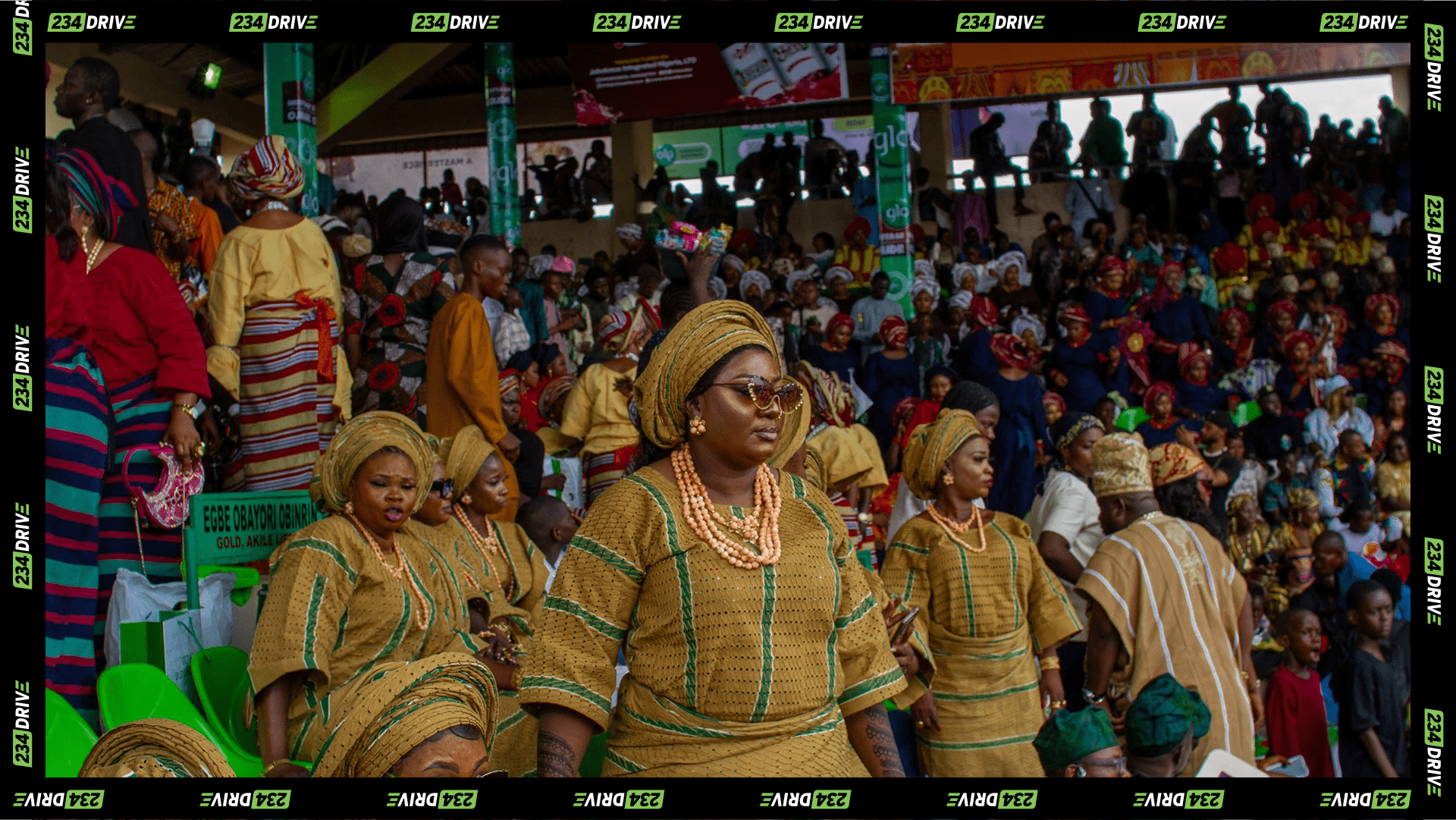
The swelling popularity of Ojude Oba has not been matched by the necessary infrastructure to support it. This year’s event saw traffic come to a standstill for hours. There were no clear signs, no designated walkways, and no marshals to guide the crowd. Pedestrians had to navigate moving traffic. Vendors spilled into walking paths. Horse riders weaved through pedestrians. Guests were left to navigate a congested maze of people, animals, and vehicles.
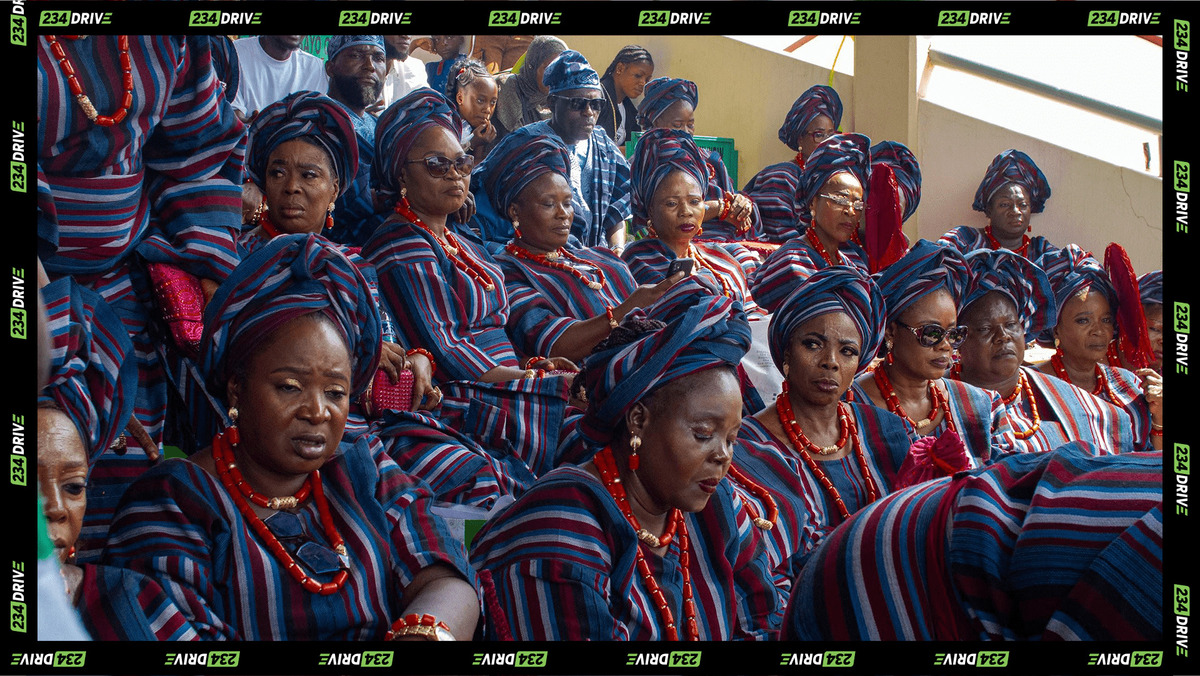
Beyond inconvenience, the absence of crowd control is a real hazard. Mobility planning goes beyond roads; it includes the orderly flow of vehicles, humans, and animals alike. A festival of this scale needs shuttle services, park-and-ride schemes, and clearly marked pedestrian routes. Emergency response must also be considered. What happens if someone needs medical attention in that kind of gridlock?
Parking and Prioritisation Need an Overhaul
Parking was one of the most chaotic elements of the 2025 edition. With no designated parking lots in place, guests left their vehicles wherever they found space—double-parked on roadsides, tucked into residential compounds. Some people walked several kilometres just to get close to the venue. For an event that now welcomes thousands, depending on random vacant lots and nearby compounds isn’t a viable solution.
The town needs temporary infrastructure: think pop-up car parks, traffic marshals, and coordinated signage. Even ride-hailing integration for tourists coming from Lagos, Ibadan and beyond would help decentralise traffic peaks.
Does the Venue Need to Change? Maybe.
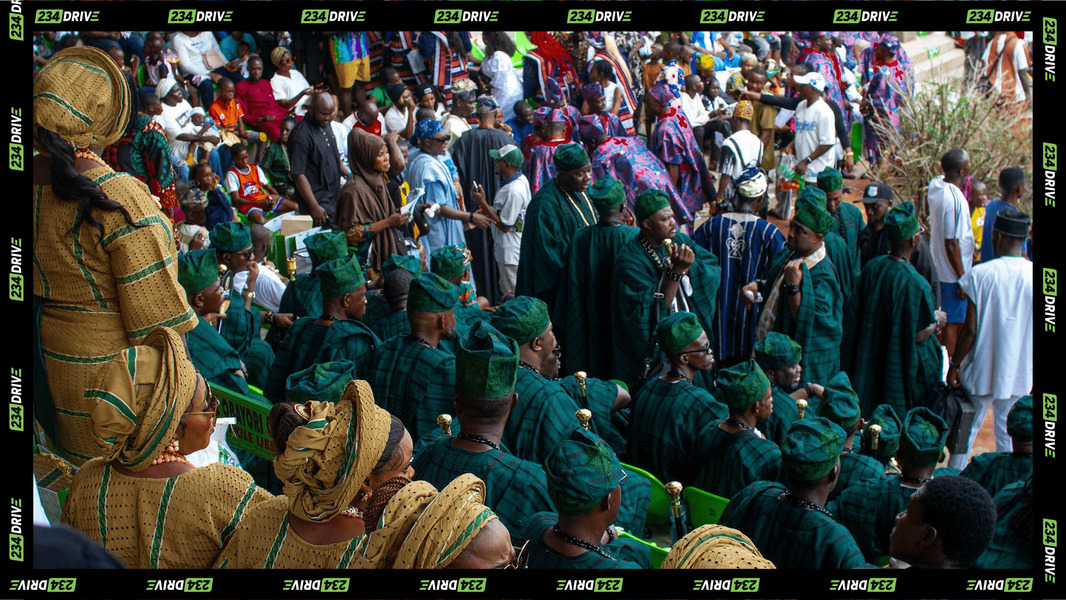
There’s also the growing question of the venue’s capacity. The current grounds, the Ojude Oba Arcade within the Ajuwale’s palace complex, have historical and sentimental value. But they are increasingly strained under the pressure of bigger, flashier editions. This year, there were reports of guests passing out due to overcrowding.
To be clear, relocating the event away from Ijebu Ode is not the solution. But the town must evolve with the festival. There needs to be investment—state or federal—in the creation of a dedicated arena that can comfortably accommodate the growing crowd. Access roads need widening. Controlled festival zones need to be created.
Other festivals around the world have made such pivots. The prestigious Calabar Carnival has seen infrastructure upgrades over the years, even if imperfect. Ojude Oba deserves the same.
A Festival Deserving of Its Fans
The Ojude Oba festival’s impact is undeniable, both on a cultural and economic scale. However, the government’s recognition of this impact is not enough. If the goal is growth, then that growth must be accommodated and planned for. Facilitating true ease of mobility must be a priority. Social media optics and cultural pride alone are not enough to sustain the growth of the festival; the experience of it must also be seamless. People remember chaos.
There’s one year to go before the 2026 edition. That’s enough time for traditional rulers, private sector sponsors, and government agencies alike to rethink Ojude Oba’s logistics. Let the roads be rebuilt. Let the traffic be tamed. Let mobility match the magnificence.
After all, for a festival this grand, the journey there should feel like a homecoming rather than a battle.


